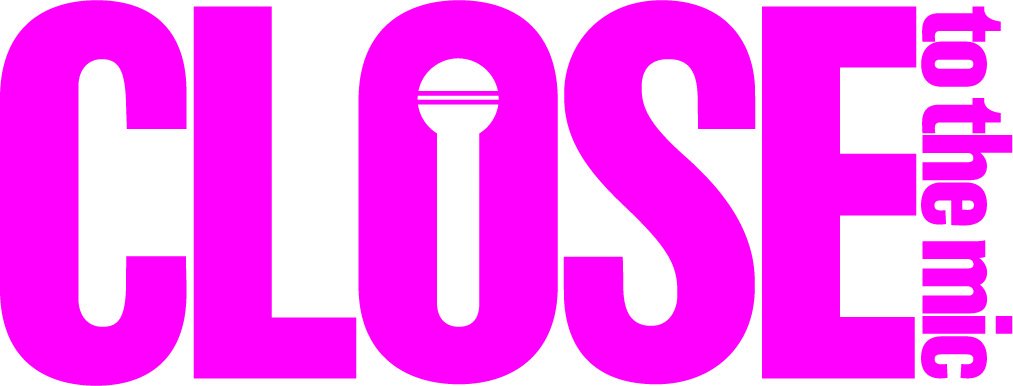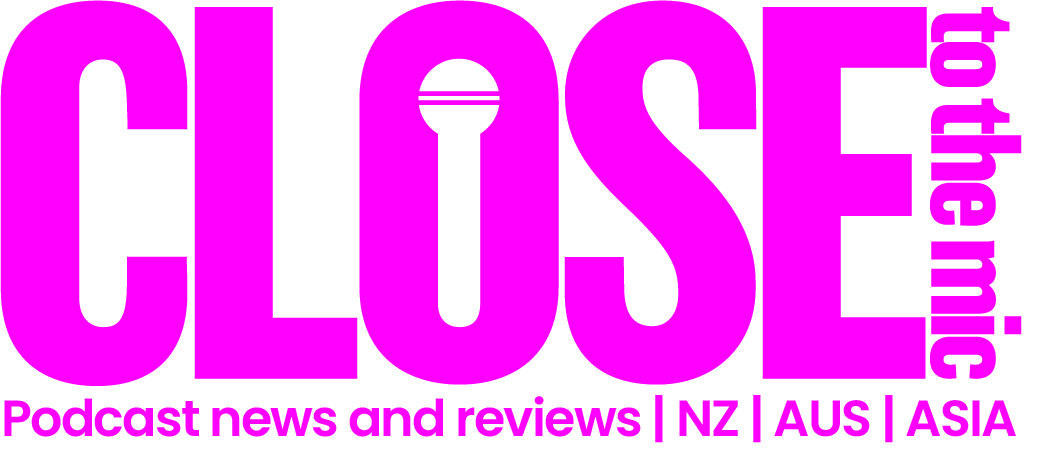Professional Rugby’s Lack of Equality
By Sonia Yee
Super Rugby may not be an even playing field. Image: Chuttersnap
It’s no secret that Kiwis have a love affair with rugby. It is part of our history and has shaped our national identity. But while many a dream has been built on the idea of a black jersey with thousands of cheering supporters, questions are now surfacing as to whether it is a game underpinned by racism and discrimination.
Fair Game: Pacific Rugby Against the World is a six-part series from RNZ presented and produced by sports journalist Talei Anderson, comedian James Nokise, and journalist and former professional rugby player, John Daniell.
Launched this February, the series addresses the hard questions to get to the bottom of what appears to be a system of colonial power fueled by racism, where Pasifika players representing their island nations are up against a politically charged environment - undermined, underpaid, and without the same access to success as their counterparts.
The podcast and the stories are beautifully told in a context that challenges the status quo, and what’s more, you don’t have to be a rugby fan to enjoy it.
The series takes an inside look at who is pulling the strings, why it’s happening, and whether Pacific players are participating in an unfair game.
James Nokise opens the series, recalling his love of rugby and nostalgic memories from his childhood. There’s a sense of pride, as he talks about what it means to watch the game and see Pacific players on the field. He tracks back through New Zealand’s rugby history and discovers some serious discrepancies.
“The island nations don’t have enough money,” Sir Bryan Williams tells Nokise.
The former flying winger for the All Blacks was appointed President of the Rugby Union in 2011 and is a patron of Moana Pasifika Rugby.
New Zealand’s rugby reveals a history of discrimination. Image Creative Commons
He says when Tonga beat Australia 16-11 in 1973, it was a special occasion. In 1998, Fiji defeated Scotland with a score of 51-26, proving they were a team to watch out for. And Samoa too, was on a solid streak.
But as soon as the game went professional in 1995, the Pacific was left out in the cold.
“The powers that be made the decision that there was no place for Pasifika in Super Rugby, which for me and others was absolutely galling,” Sir Bryan says.
We discover very quickly that what happens on the field is a reflection of what is happening off it.
Journalist, John Daniell, has some interesting insights into what it was like as a player when rugby turned professional.
“It felt like winning lotto without buying a ticket,” he says in the podcast.
Daniell and Nokise share some back and forth in the first episode, and it’s clear that it’s all ‘scripted.’ Daniell isn’t quite as comfortable behind the mic and sounds ‘read’, but his stories are interesting enough for your ears to prick up, especially when discussing ‘money’ and a team’s ability to win the game, which is all a bit hush, hush.
The Pacific doesn’t have the financial backing for its teams to find an equal standing in the game, one that has become increasingly commercialised. With little infrastructure, the Pacific has an economic disadvantage from the get-go, which means they’re part of a system that is setting them up to fail.
In the first episode a young Tongan player reveals what it was like to be called to play against the All Blacks in 2021, which you’d think might be a dream come true. But on the contrary, he speaks of the team’s limited five day preparation and training in the lead-up to the game.
“It’s hard [to] match that intensity, its kind of disheartening. How are we supposed to keep the game competitive? World Rugby is not helping us as much as they could,” he says.
Fair Game is a worthwhile listen even if you’ve never seen a game of rugby in your life - and that’s exactly where I’m at, having never attended a game, and only watching them briefly on TV. But a great story goes a very long way. I love good documentaries and equally that goes for documentary podcasts, as long as they go deep on the issues. And what sets this one apart from others - and something I didn’t expect - was that this series explores the governance side of the game.
What’s clear is that rugby is ‘a business’ and one that needs to ensure its survival.
The question in Fair Game is whether our sense of national pride might be misplaced: Are we, as a nation, buying into a business fuelled by corruption and greed, where the fight for equality is suppressed?
Listen to the first episode (above) to find out how Moana Pasifika is looking to bridge the gap for Pacific Island nations who want a fair shot at the game, and the obstacles, including the social and cultural barriers that continue to perpetuate a culture of disadvantage, discrimination and racism in a game that isn’t about fair play.
Review Rating: 5/5




